Why is the Church ‘Catholic’?
Questions and Answers
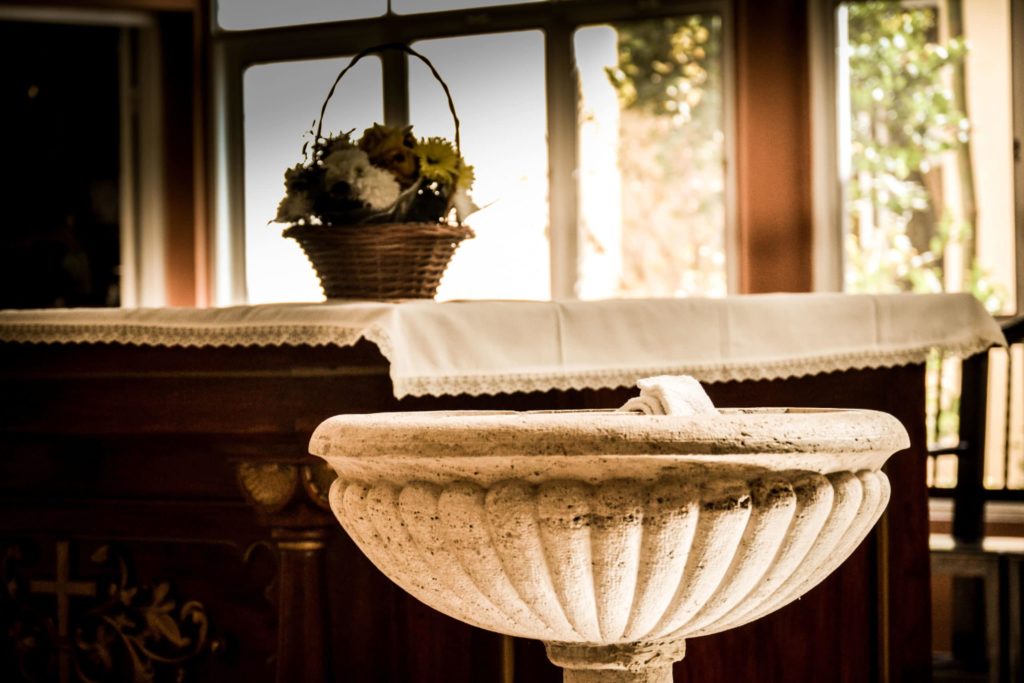
Why is the Church “Catholic”? Father Jairo Yate, priest and Examining Judge in the diocese of Ibagué, Colombia, answers this question in accordance with the Magisterium of the Church.
* * *
What does the word “catholic” mean?
It means “universal” in the sense of “totality” or “integrity.” The Church is Catholic in a double sense.
Why is she so?
The Catechism of the Catholic Church teaches that: “She is Catholic because Christ is present in her. ‘Where Christ Jesus is, the Catholic Church is’ (Saint Ignatius of Antioch, Epistula ad Smyrnaeos 8:2). In her subsists the fulness of the Body of Christ united to her Head (cf. Ephesians 1:22-23), which implies that she receives from Him the fulness of the means of salvation’ (AG 6) that He desired: the right and complete confession of the faith, integral sacramental life and Ordained Ministry in the apostolic succession. In this fundamental sense, the Church was catholic on the day of Pentecost (cf. Ad Gentes, 4) and will always be until the day of the Parrhesia (the end of time, ndr) (830). “She is catholic because she was sent by Christ on mission to the totality of the human race (cf. Matthew 28:19)” (831).
What does the Catholic Church teach?
She teaches essential and fundamental contents of Catholic Doctrine, both on the faith as well as morality, in the light of Vatican Council II and the whole of the Tradition of the Church.
On what does the Catholic Church base herself to teach her faithful?
Her principal sources are Sacred Scripture, the Holy Fathers, the Liturgy, and the Magisterium of the Church, geared to serve “as point of reference for the catechisms and compendiums composed in the different countries.” (Catechism of the Catholic Church, CCC, 11).
What is the faith of the Catholic Church?
“This is the Catholic faith: We worship one God in the Trinity and the Trinity in unity, without either confusing the persons or dividing the substance; for the person of the Father is one, the Son’s is another, the Holy Spirit’s another; but the Godhead of the Father, Son, and Holy Spirit is one, their glory equal, their majesty coeternal” (CCC, 266).
Does the Catholic Church believe in the Virgin Mary?
“What the Catholic faith believes about Mary is based on what it believes about Christ, and what it teaches about Mary illumines, in turn, its faith in Christ” (CCC, 487).
Who governs the Catholic Church?
“The Catholic Church is governed by the Successor of Peter and by the Bishops in communion with him” (Lumen Gentium,8).
What is a local Church?
Understood by local Church, which in the first place is the diocese (or the eparchy) is, namely, a community of Christian faithful in communion in the faith and in the sacraments, with their Ordained Bishop in the apostolic succession. These local Churches are “formed in the image of the universal Church In them and from them exists the Catholic Church, one and unique” (Lumen Gentium, 23).
The local Churches are fully Catholic thanks to their communion with one of them: the Church of Rome, “which presides in charity” (Saint Ignatius of Antioch).
Who belongs to the Catholic Church?
“All men, therefore, are invited to this catholic unity of the People of God . . . To this unity belong in different ways or are destined to her the Catholics, the other Christians and even all men in general called to salvation by the grace of God” (Lumen Gentium, 13).
Does the Catholic Church offer means for salvation?
The Catholic Church proclaims the totality of the faith; she has in herself and administers the fulness of the means of salvation; she is sent to all peoples; she addresses all men; she embraces all times; “she is missionary by her nature” (Ad Gentes, 2).
How can the presence of images in the Catholic Church be understood?
“The beauty and color of the images stimulate my prayer. It is a feast for my eyes, in the same way, that the spectacle of the countryside stimulates my heart to give glory to God: (Saint John Damascene).
“Contemplation of sacred icons, united with meditation on the Word of God and the singing of liturgical hymns, enters into the harmony of the signs of celebration so that the mystery celebrated is imprinted in the heart’s memory and is then expressed in the new life of the faithful” (CCC. 1162).
Is it true that Baptism is the source of communion in the Catholic Church?
“Baptism constitutes the foundation of communion among all Christians, including those who are not yet in full communion with the Catholic Church: ‘For men who believe in Christ and have been properly baptized are put in some, though imperfect, communion with the Catholic Church. Justified by faith in Baptism, [they] are incorporated into Christ; they, therefore, have a right to be called Christians, and with good reason are accepted as brothers by the children of the Catholic Church (UR 3)” (CCC, 1271).
What are sacramentals in the Catholic Church?
Sacramentals are instituted for the sanctification of certain ministries of the Church, certain states of life, a great variety of circumstances in Christian life, and the use of many things helpful to man. . . They always include a prayer, often accompanied by a specific sign, such as the laying on of hands, the sign of the cross, or the sprinkling of holy water (which recalls Baptism)” (CCC 1668).
What are the sacraments of the Catholic Church?
They are God’s grace, they come from God, instituted by Christ, for our good. The sacraments of the New Law were instituted by Christ and they are seven: Baptism, Confirmation, Eucharist, Penance, Anointing of the Sick, Priestly Ordination, and Marriage.
What does Pope Francis want from the Catholic Church?
His preference for the Church is that she grow in silence, in hiddenness. “The Church grows in simplicity, in silence, in praise, in the Eucharistic sacrifice, in the fraternal community, where all love one another and don’t fight.” “The Church is manifested in the Eucharist and in good works, even when seemingly they aren’t news.” “Christ’s Bride has a silent temperament, generates fruits without noise, without sounding trumpets, as the Pharisees do.” “The Church grows through witness, prayer, the attraction of the Spirit” (Homily 15, November 2018).
Why Is the Catholic Church ‘Holy’?
Translation by Virginia M. Forrester
Related
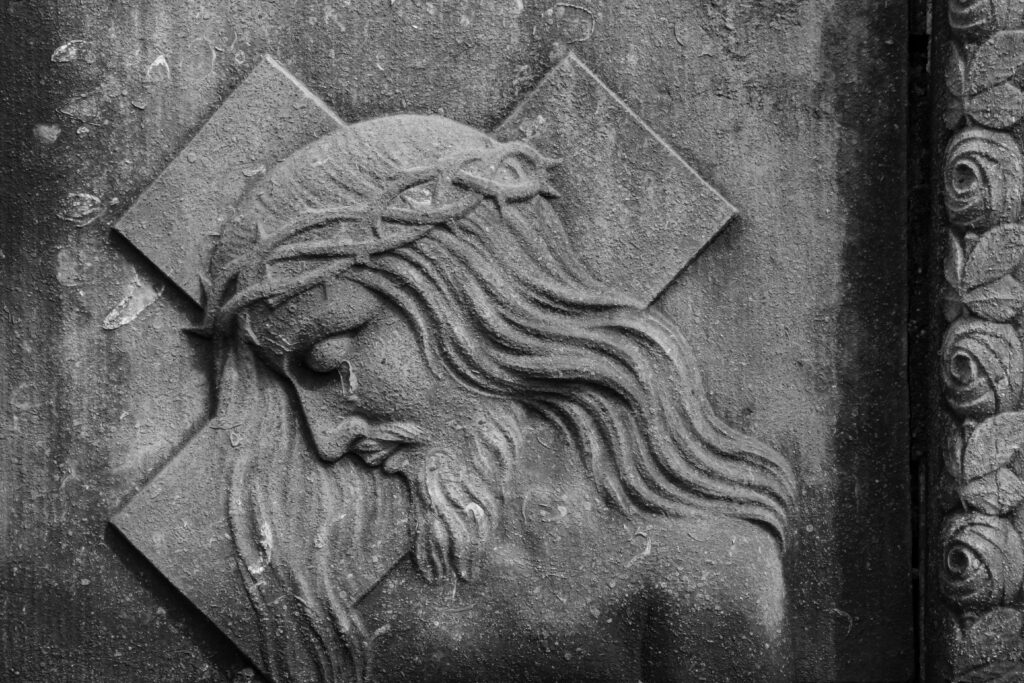
Venerdì Santo: il giorno in cui l’Amore si è donato a tutti
Exaudi Redazione
18 Aprile, 2025
2 min
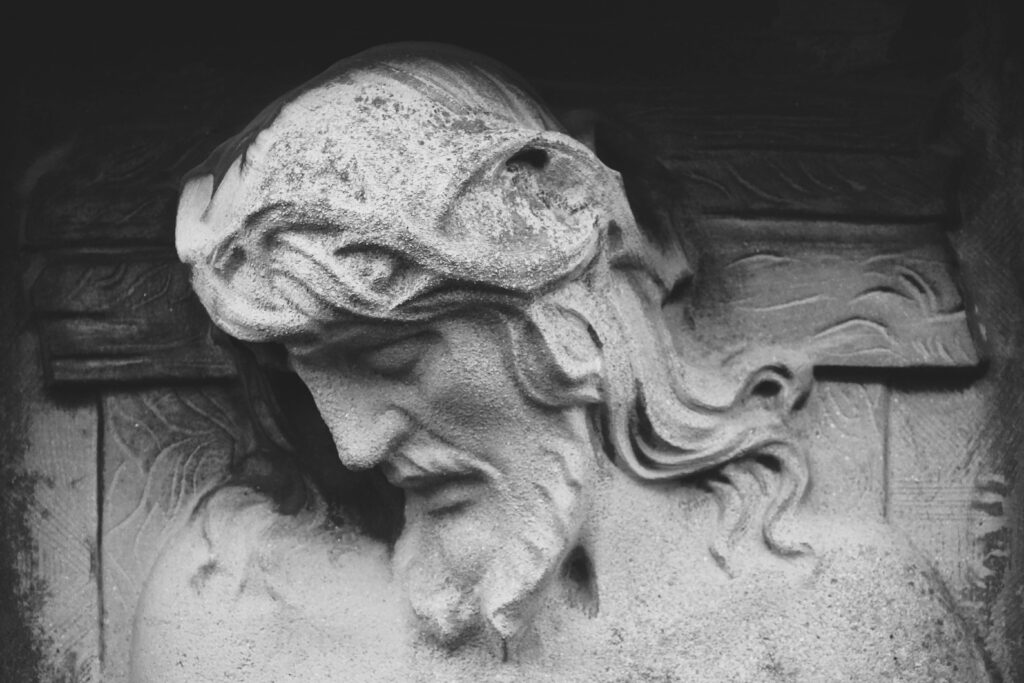
Giovedì Santo: Amore fatto Eucaristia
Exaudi Redazione
17 Aprile, 2025
3 min
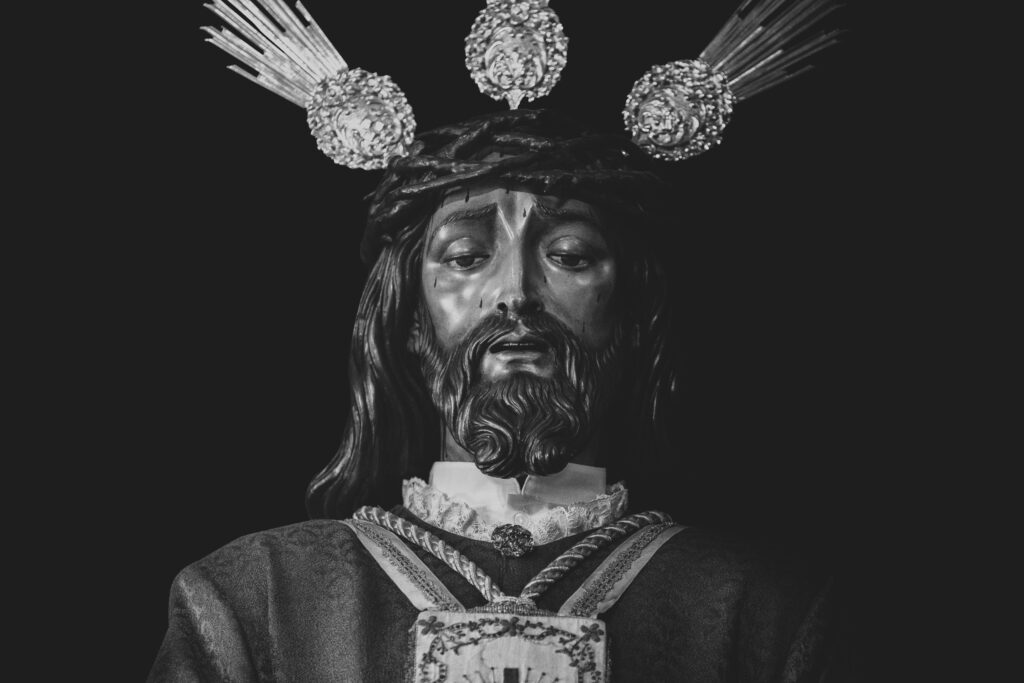
Più che umano
Luis Herrera Campo
16 Aprile, 2025
3 min
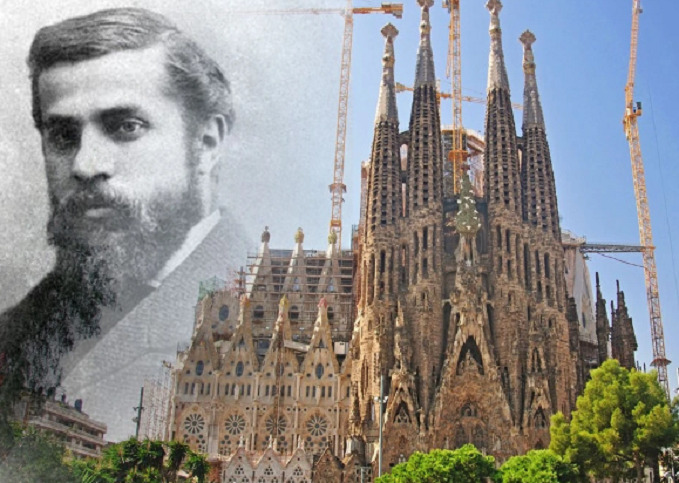
Gaudí, il mistero svelato: lo sguardo di Paloma Pía Gasset
Exaudi Redazione
16 Aprile, 2025
2 min
 (EN)
(EN)
 (ES)
(ES)
 (IT)
(IT)

